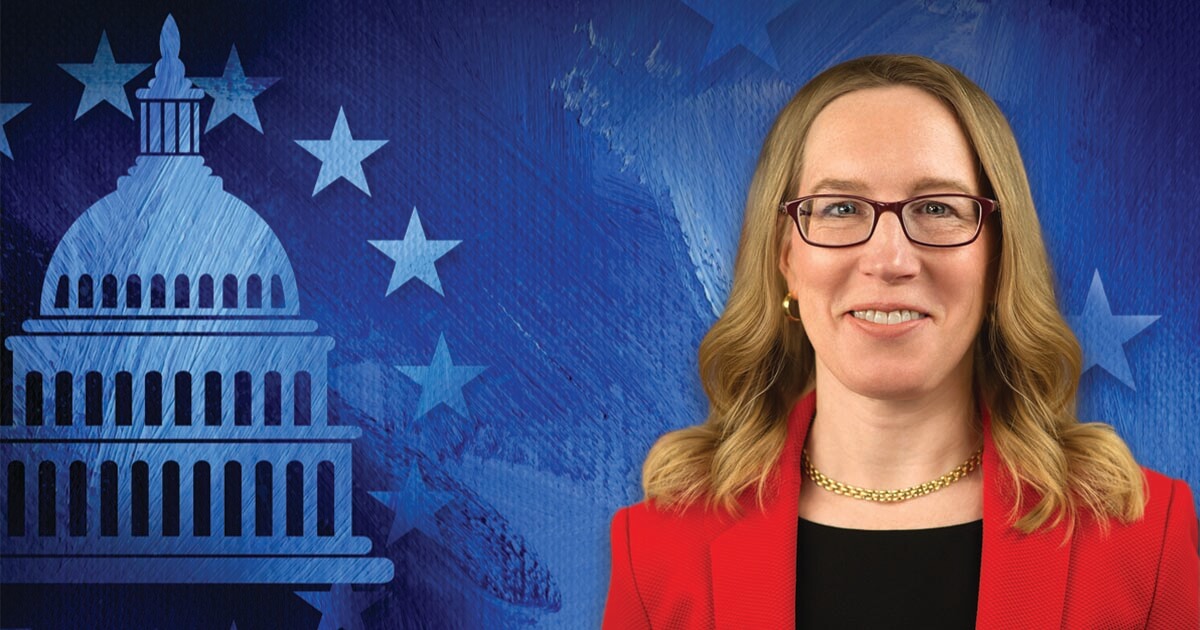Crypto Mom Flags New Proposal From SEC as Harmful for the DeFi Ecosystem
Godfrey Benjamin Feb 03, 2022 02:00
Hester Peirce, popularly known in the digital currency ecosystem as “Crypto Mom” has issued a note of warning that a new proposal from the commission can significantly hurt the Decentralized Finance (DeFi) ecosystem.

United States Securities and Exchange Commissioner, Hester Peirce, popularly known in the digital currency ecosystem as “Crypto Mom” has issued a note of warning that a new proposal from the commission can significantly hurt the Decentralized Finance (DeFi) ecosystem.

As reported by Bloomberg, a proposal from the SEC seeks to modify the definition of “exchange” as laid down by the Securities Exchange Act of 1934. While the supposed change is not directly tagged to feature crypto or DeFi, the Crypto Mom said the expansive nature of the proposal will undoubtedly be a problem for players in the DeFi ecosystem.
“The proposal includes very expansive language, which, together with the chair’s apparent interest in regulating all things crypto, suggests that it could be used to regulate crypto platforms,” said Peirce. “The proposal could reach more types of trading mechanisms, including potentially DeFi protocols.”
Hester Peirce is a renowned advocate of innovative crypto protocols and has consistently backed the emancipation of the industry despite staunch opposition from regulators.
That she flagged the 654-page proposal from the SEC is a cause for concern, particularly going by the way SEC Chair Gary Gensler is interested in regulating everything crypto.
While there is a fairly long route for the new proposal which Gensler says will focus on “systems that offer the use of non-firm trading interest and communication protocols to bring together buyers and sellers of securities,” to make it into the Federal Register and thus binding on its targeted entities, it has to survive approval approvals from other commissioners.
While the crypto industry may count on Hester Peirce to help stump the survival of the proposal, the fact that other aspects of the financial market will be impacted makes this a dicey situation that may see other commissioners back the new rule.
In all, the DeFi ecosystem and the broader crypto industry are poised to witness more customized regulations under Gary Gensler and the warnings from Crypto Mom should be seen as a clarion call to embrace the in-bound regulation.
Image source: Shutterstock.jpg)